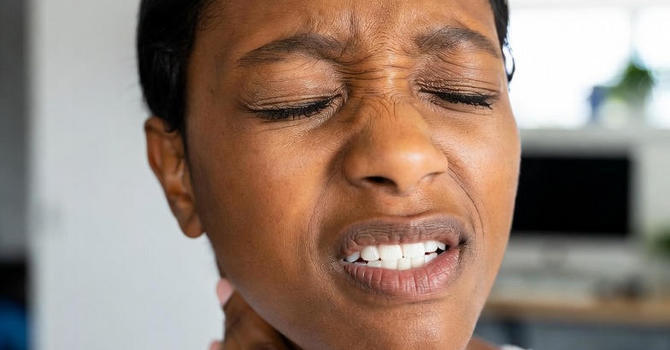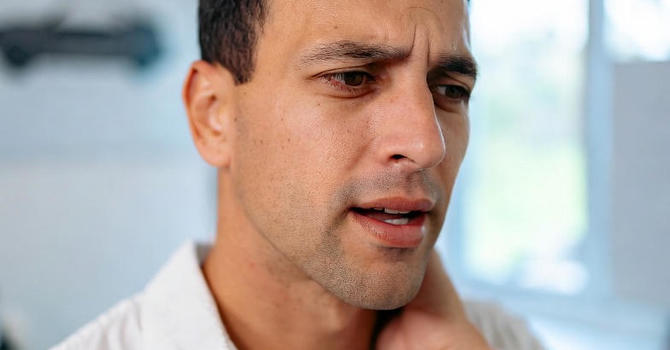Whiplash injuries, often associated with auto accidents, can lead to a range of symptoms, including neck pain, headaches, and stiffness. However, many people may not realize that whiplash can also impact the temporomandibular joint (TMJ), leading to TMJ disorders. In this blog post, we'll delve into the connection between whiplash and TMJ disorders and explore how chiropractic care can offer effective solutions for individuals in Eugene who are experiencing these issues.
Understanding Whiplash and TMJ Disorders:
Whiplash occurs when the head and neck are suddenly jerked forward and then backward, causing strain on the muscles, ligaments, and joints of the neck. This type of injury commonly occurs during rear-end car accidents, leading to symptoms such as neck pain, stiffness, dizziness, and headaches.
On the other hand, TMJ disorders affect the temporomandibular joint, which connects the jawbone to the skull. Symptoms of TMJ disorders may include jaw pain, clicking or popping sounds when chewing, difficulty opening or closing the mouth, and facial pain.
The Connection Between Whiplash and TMJ Disorders:
Whiplash injuries can directly impact the temporomandibular joint due to the forceful movement of the head and neck during a car accident. The sudden and intense motion can cause sprain/ strains in the spine and neck, leading to tension and dysfunction in the jaw muscles and TMJ.
Furthermore, individuals who experience whiplash may develop habits such as clenching or grinding their teeth, which can exacerbate TMJ symptoms. Additionally, the pain and discomfort associated with whiplash can lead to altered jaw mechanics and increased tension in the jaw muscles, further contributing to TMJ dysfunction.
Chiropractic Solutions for Whiplash and TMJ Disorders:
Chiropractic care offers non-invasive and drug-free solutions for addressing both whiplash injuries and TMJ disorders. Through gentle spinal adjustments, chiropractors can improve the function of the spine and neck, alleviate tension in the muscles, and restore proper function to the temporomandibular joint.
Additionally, chiropractors may incorporate soft tissue therapies, such as massage or myofascial release, to reduce muscle tension and promote healing in the affected areas. Lifestyle modifications, ergonomic recommendations, and exercises to improve posture and jaw mechanics may also be recommended to support long-term recovery.
Conclusion:
Whiplash injuries resulting from auto accidents can have far-reaching effects, including the development or exacerbation of TMJ disorders. Fortunately, chiropractic care offers effective solutions for addressing both whiplash-related neck pain and TMJ dysfunction.
If you're experiencing symptoms of whiplash or TMJ disorders in Eugene, our experienced chiropractic team is here to help. Contact Back2Strength to schedule a consultation and learn more about how chiropractic care can support your recovery journey.
Admin
Contact Me


